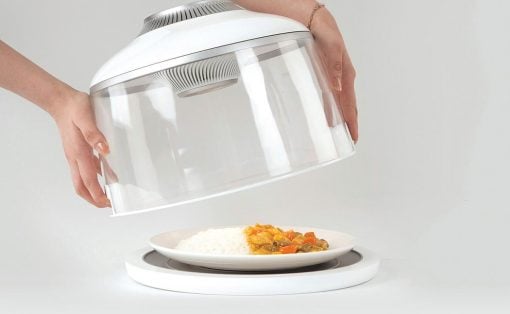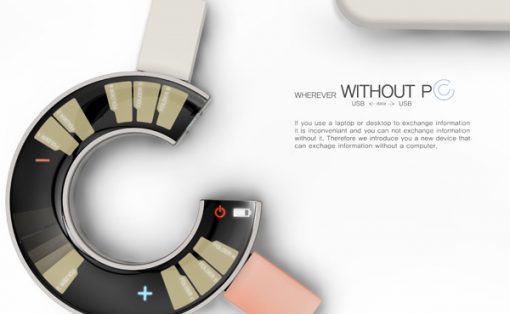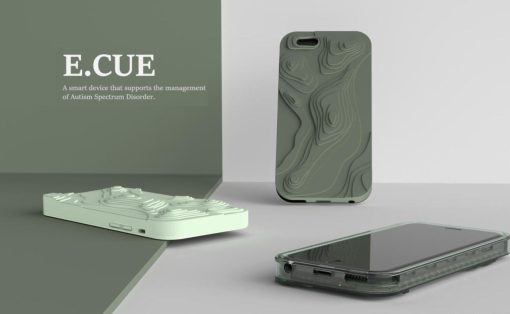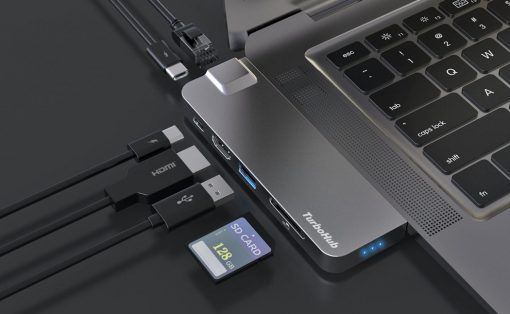How you feel about humanoid robots probably depends on what sci-fi and futuristic movies and TV shows you watched. As someone who considers Battlestar Galactica to be one of the best TV shows of all time, the idea of robots that are almost human scares the heck out of me. Of course the age of robot overlords is probably still a few decades away (or so we think) so for now, we can see these robots as things that can help make our workload easier. So if you’ve been wanting to have a robot officemate, this new NASA-backed robot might show up in your office one of these days.
Designer: Apptronik and Argodesign


Apollo 1 is the first of its kind as it can function on its own in a factory alongside its human counterparts. It is able to lift 55-pound boxes, load and unload them from conveyor belts, place items on shelves, and other lifting and carrying tasks. In terms of how it looks, they wanted to go for something that would not frighten their human co-workers but also not so far from the human experience. They designed something that’s not trying to look human but still feels humanistic. They wanted people like me who are hung up on the sci-fi looks of robots and who are afraid of uncanny valley feels to not feel threatened.



The Apollo 1 is made of metal, plastic, metal actuators, and silver woven fabric, the latter to give the machine a softer appearance and cover up some of the mechanical parts. Its “suit” is white, gray, and orange with its name “Charlie” tattooed on its chest. It doesn’t speak and can only communicate through an OLED screen that is turned off most of the time. It will only “talk” through the e-paper screen to share important information like battery level, current task, or to answer a question. It can also show simple messages and even “emotions and intentions”.


In case you’re looking for some “emotion” from the humanoid robot, it’s programmed to subtly “smile” if a human co-worker passes by. I don’t know if that’s a good thing, at least not for me. From the video shown above, it does have a bit of dexterity and flexibility, although there’s still a lot of room for improvement in terms of its movement and even its design. The creators say that the level of control and responsiveness from its electrical parts, as well as the swappable batteries, makes it stand out from competitors like the Atlas and Optimus.









